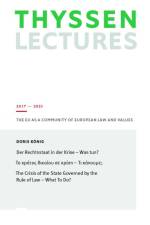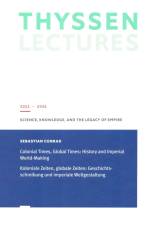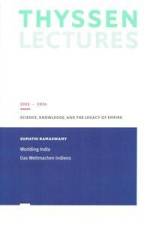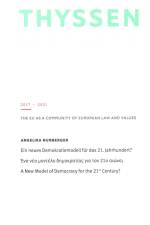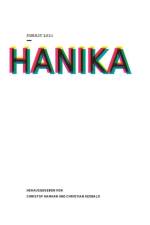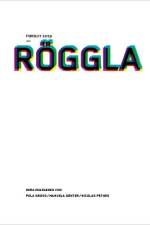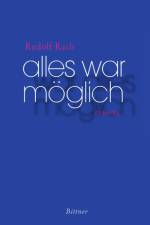von Sebastian Conrad
12,00 €
Zweisprachige Ausgabe / Englisch - DeutschThe "Thyssen Lectures" are a continuation of a tradition that the Fritz Thyssen Foundation initiated in 1979, first at various institutions throughout Germany, and then at several universities in Czechia, Israel, the Russian Federation, Turkey, and most recently Greece. The series in the United Kingdom and Ireland will be held ove a period of four years. Spearheaded by Prof. Christina von Hodenberg, director of the German Historical Insitute London, it will be dedicated to the overarching theme of "Science, Knowledge, and the Legacy of Empire".Colonial Times, Global Times: History and Imperial World-MakingColonial hierachies were constituted not by military and economic power alone, but also by imperial worldviews. Chief among their ingredients was a particular temporality. The expansion of the European (and, soon, American and Japanese) empires, and the grafting of imperial structures onto colonized communities, confronted large groups of people with new temporal norms. This "temporal invasion" found expression in the proliferation of clocks as levers of punctuality and temporal discipline; the alignment of calendars and the concomitant synchronization of the globe; and the dissemination of History as the privileged form of linking past, present, and future. Consequently, historians emerged as imperial agents in their own right. They helped introduce "historical time" and a cosmology that redefined narratives about the past, the trajectories into the future, in the colonizing/colonial world. The lecture discusses how historians achieved this revolutionary form of world-making. It argues that this was not only a colonial imposition, but must it be seen as a repsonse to global conjunctures.

